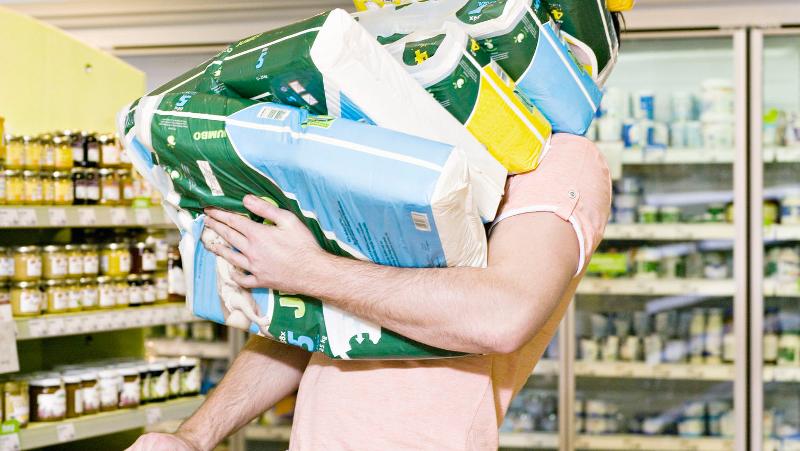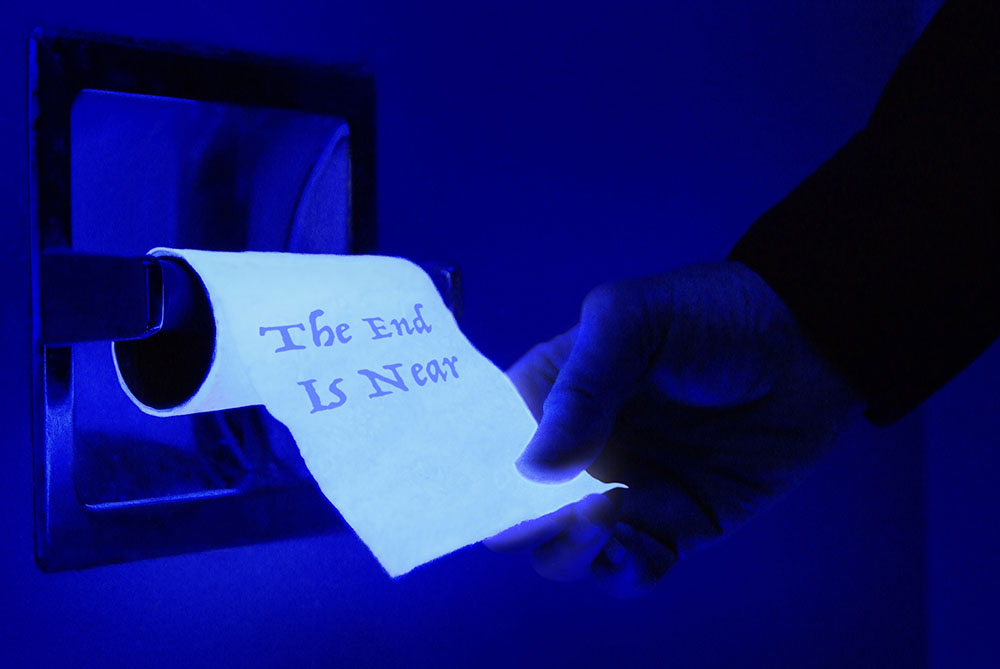
Toilet paper has become a precious resource thanks to Covid-19. Its intrinsic value has rocketed upwards immensely because it is now scarce, says QUT Acting Director of the Centre for Behavioural Economics, Society and Technology (BEST) Professor Rebekah Russell-Bennett.
Retailers should offer rewards to customers for not hogging all the loo paper to help reduce stockpiling and empty shelves.
Based on the findings of research, Professor Russell-Bennett said in the current “toilet paper crisis” retailers should try to:
- create a sense of common interest with customers
- keep messages short and simple
- ask customers nicely, don’t tell them what to do
- not ask them to sacrifice for too long, they will act pro-socially for a short while
- help consumers ‘see’ the future impact of their sharing ie bring the future into the no
- monitor sales and when self-interest seems to be kicking in be creative e.g. give shoppers reward points for buying less not more, offer price discounts on more available items if people buy less of a scare resource or ask people to limit their purchases for just one week.
“Toilet paper, of all things, along with rice and hand sanitiser, were everyday items last month but are now the subject of what social marketers and behavioural economists call a ‘social dilemma’,” she said.

“Social dilemmas are caused by scarcity of a resource and occur when trade-offs are needed between individual gain and society benefit e.g ‘should I buy all the toilet paper left on the shelf or leave some for the next person who needs it?’.
“Our previous research into how consumers respond to a social dilemma had some new findings about consumer reactions when things are normal and when there is a crisis. The social dilemma for consumers was the use of energy when it is a scarce resource e.g. using the air con on an extremely hot day vs not using too much power to avoid straining the grid and causing a blackout for everyone.
“We tested four techniques based on the ‘carrot and the stick’ to shape behaviour when faced with a dilemma; a hug, nudge, shove or smack.
“We found when a situation is normal people need to be rewarded for using less resources and ‘shoved’ to share resources when they are scarce.
“However, in a real crisis people do not need any intervention and are willing to share, they just need clear communication about the benefits for all. Shoving (limiting toilet paper purchase) or smacking (fines for taking too much toilet paper) will only lead to subterfuge and backlash.
These findings are based on research that won the best paper award at the 2019 World Social Marketing Conference in Edinburgh.
The paper “Nudge, Hug, Smack or Shove: Testing Approaches to Enabling Consumer Energy Use Behaviour Change” is available here with research conducted by QUT BEST researchers Professor Rebekah Russell-Bennett, Professor Uwe Dulleck, Dr Stephen Whyte, Dr Kate Letheren.







